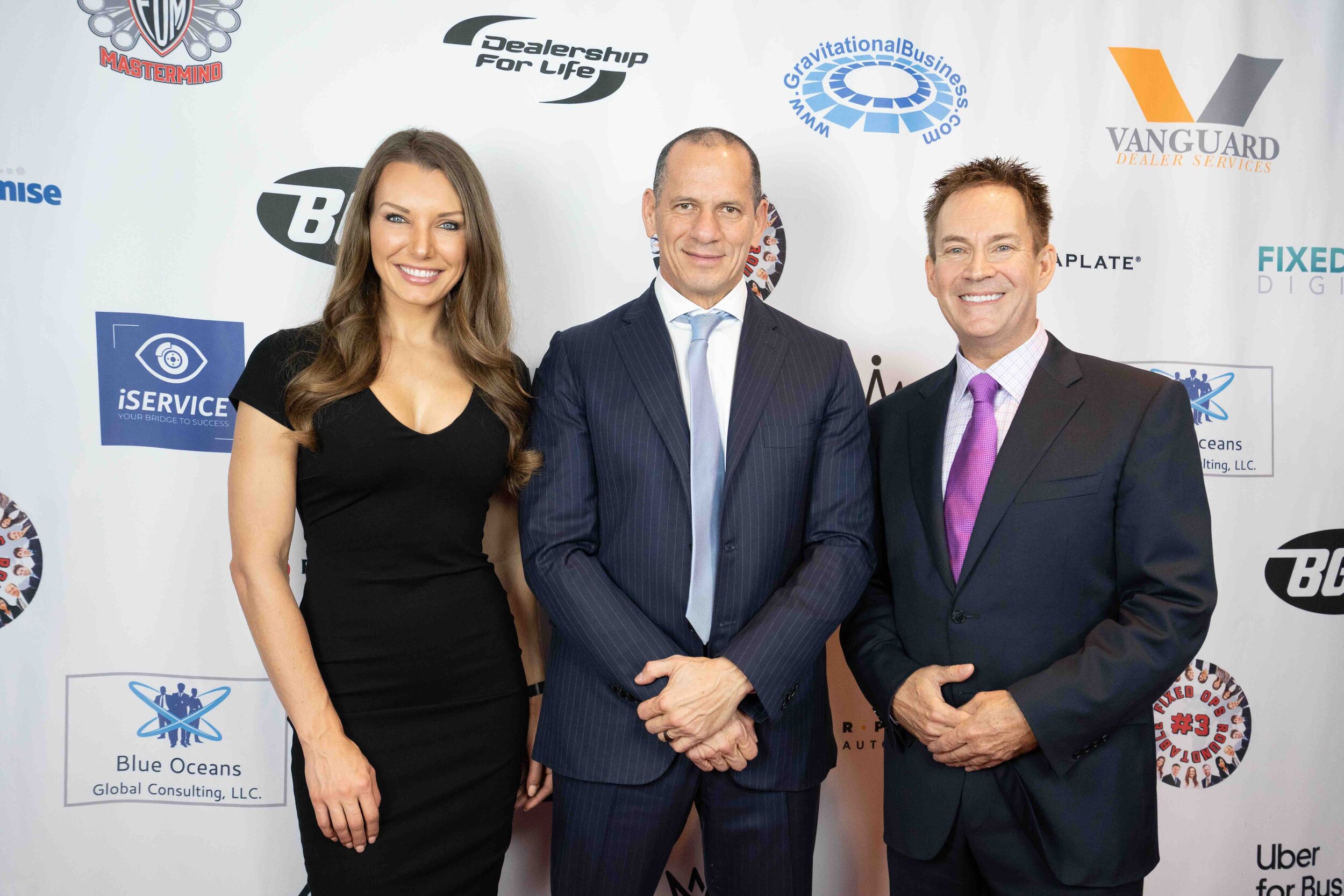"Sell a lot of Product. And Make a lot of People Happy"
"You will be satisfied."
This is the credo that governs the Tasca family dealerships in New England, that achieve success by consistently satisfying customers.
Early in his career, founder Bob Tasca, Sr. learned that satisfying customers is key when he went out of his way to assist a customer he had never seen before. When a man drove in with an overheated car on a Saturday afternoon, needing it fixed immediately,
Tasca decided to loan him his own car instead and deliver the repaired car to him the next day. The customer turned out to be Ernest Breech, Ford Motor Company's chairman, who was so impressed with Tasca’s service that he arranged for Tasca to meet Henry Ford II.
The rest is history
His acclaimed 1996 book, “You Will Be Satisfied” has been hailed as one of the most valuable guides for managers and entrepreneurs. He comprised a long list of fundamental principles and commandments that together help establish the sales figures other dealers seek to emulate (he sold more than 5,000 new and used cars a year, generating $130 million). This includes what he describes as:
Bob Tasca's Seven Standards of Service
1. Service appointment available within one day of customer’s requested service day.
2. Write-up begins within four minutes of arrival.
3. Service needs courteously identified, accurately recorded on Repair Order, and verified with the customer.
4. Product serviced right on the first visit.
5. Service status provided within one minute of inquiry.
6. The product is ready at the agreed-on time.
7. A thorough explanation of work done, coverage and charges.
Bob Tasca went on to play a major role in bringing Ford Motor Company back from the depths of despair in the early 1980s. At the time, foreign car sales were eclipsing Ford’s, prompting Tasca to suggest to Red Poling, Ford’s executive vice president, that Ford’s number-one priority should be quality.
The result was “Quality is Job One”, the advertising campaign Tasca helped inspire, which was backed by the company’s dedication to begin building best-in-class cars.
When asked why customer satisfaction is his watchword, Tasca had a logical answer: “It costs me $184 to bring a customer in the door, but if I can repeat the same customer it’s free, isn’t it?” Tasca said that 97 percent of his customers return to his dealership. The fact that only 65 percent actually buy again signifies that “more people like Tasca than the product we sell.”
While customer satisfaction is crucial to success, it is far from the only strategy Tasca used to successfully sell vehicles.
He was instrumental in the development of the two-year Red Carpet leasing plan and pioneered much of its early success.
He also became internationally known as a designer of high-performance cars, carried on today by Tasca Racing and his grandson, Bob Tasca III.
Bob Tasca Sr. believed businesses should concentrate on the top line. “The biggest problem with most businesses is they plan the bottom line,” he says. “I prefer to plan the top line — sell a lot of product and make a lot of people happy.
When a customer comes in with a problem, the easiest thing to do is say no. It costs money to say yes,” Tasca said. “But when you say yes, a lot of things happen. You make customers for life.”
Bob Tasca Sr. passed away in 2010 and left behind a legacy. Today it is carried on by his family, who continue to grow the retail business.
“Bob Tasca Sr. had three important aspects to his life — his family, his friends, and Ford Motor Company,” said his grandson, Bob Tasca III.
http://www.tasca.com/tasca-family-commitment.htm
The documents posted on this Website contain external links or pointers to information created and maintained by other public and private organizations. These links and pointers are provided for the user’s convenience. Center for Performance Improvement does not control or guarantee the accuracy, relevance, timeliness or completeness of this outside information. The inclusion of links or pointers to particular items is not intended to reflect their importance, nor is it intended as an endorsement by or for the Center for Performance Improvement.













